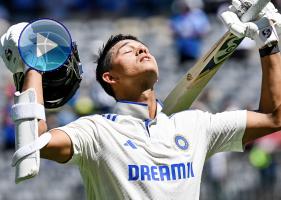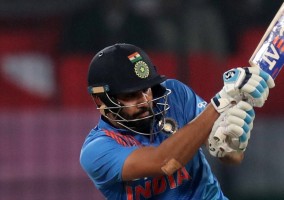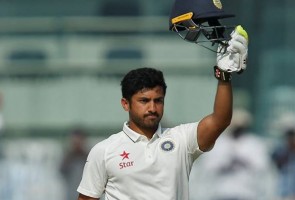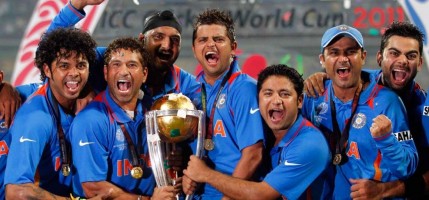Clipdex page for "Imran Khan Niazi"
- Name:
- Imran Khan Niazi
- Nickname:
- Lion of Lahore
- Date of Birth:
- 25 Nov 1952
- Gender:
- Male
- Place of Birth:
- Lahore
- Career:
- Teams:
- Howstat Statistics:
- Test Career
ODI Career
- Player profile:
Imran Khan: Finest all-rounder just got better with age
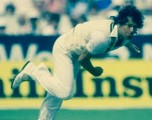
Born : 25 November 1952 at Lahore, Punjab, Pakistan
Imran Khan was an inspirational all-rounder for Pakistan for over 20 years. When free of injury he was capable of bowling genuinely quickly and he was a clean hitter with the bat.
He was the first Pakistani to take 300 Test wickets and the third man overall to complete the double of 3 000 runs and 300 wickets in Tests.
His most impressive series as a bowler was in 1982/83 when he took 40 wickets at an average of 13.95 in six Tests in a high-scoring series against India at home.
He captained Pakistan in 48 Tests and 139 ODIs (both records for Pakistan). The highlight of his captaincy was leading his team to victory in the 1992 World Cup. He founded a cancer hospital in Lahore and entered politics in 1996.
Few would dispute that Imran was the finest cricketer Pakistan has produced, or the biggest heartthrob. Suave, erudite and monstrously talented, he gave cricket in the subcontinent real sex appeal in the 1970s and 1980s.
As such he and TV completed the popularisation of the game in his country which Hanif Mohammad and the radio had begun. Thousands, if not millions, who had never dreamt of bowling fast on heartless baked mud suddenly wanted to emulate Imran and his lithe bounding run, his leap and his reverse-swinging yorker. He also made himself into an allrounder worth a place for his batting alone, and captained Pakistan as well as anyone, rounding off his career with the 1992 World Cup.
He played hardly any domestic cricket in Pakistan: instead he just flew in for home series from Worcestershire or Sussex, or rather from the more fashionable London salons.
His averages (37 with the bat, 22 with the ball) put him at the top of the quartet of allrounders (Ian Botham, Richard Hadlee and Kapil Dev being the others) who dominated Test cricket in the 1980s. And whereas Botham declined steadily, Imran just got better and better: in his last 10 years of international cricket he played 51 Tests, averaging a sensational 50 with the bat and 19 with the ball.
He gave no quarter during some memorable battles with West Indies - Pakistan drew three series with them at a time when everybody else was being bounced out of sight - and he led Pakistan to their first series victory in England in 1987, taking 10 for 77 with an imperious display in the decisive victory at Headingley.
After retirement he remained a high-profile figure, with his marriage - and subsequent split with - the socialite Jemima Goldsmith and a not entirely successful move into the labyrinthine world of Pakistan politics.
- Share with
- What are these?
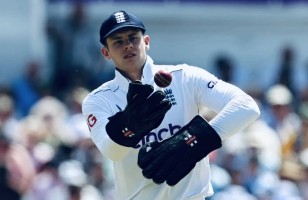 | Smith Jamie L |
 | Varma, N T Tilak |
 | Yadav, Suryakumar A |
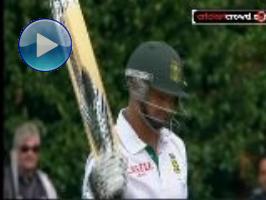
| Petersen, Alviro N |

| Hamence, Ron A |
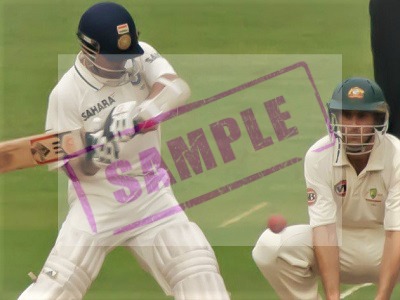 | Javed Omar |
| around the world |
|---|
|
|
|
| more... |
| CricketCrowd Articles |
|---|
|
|
|
| more... |




